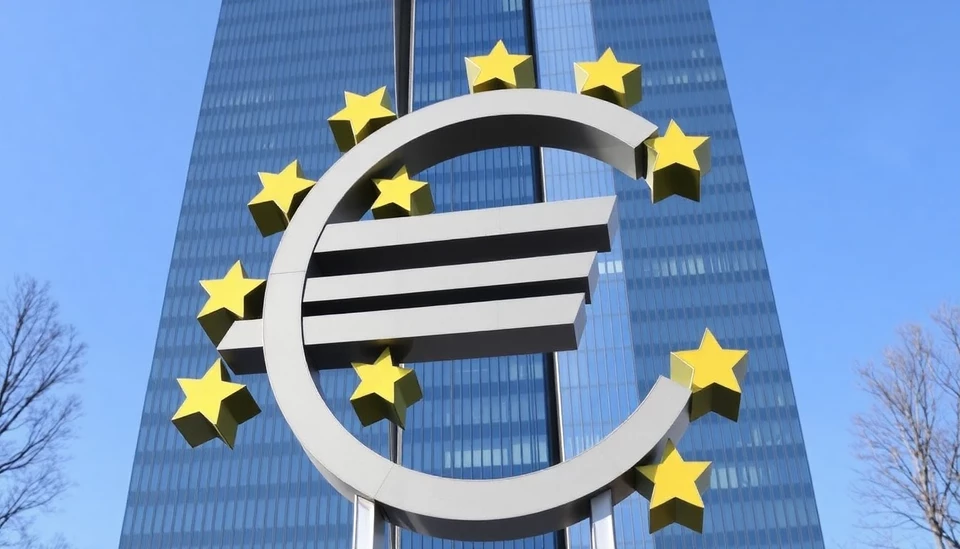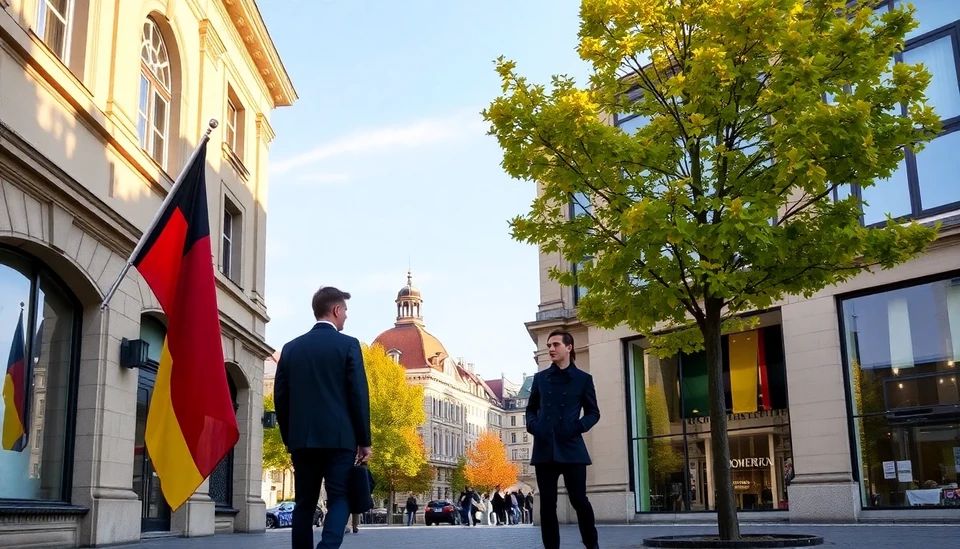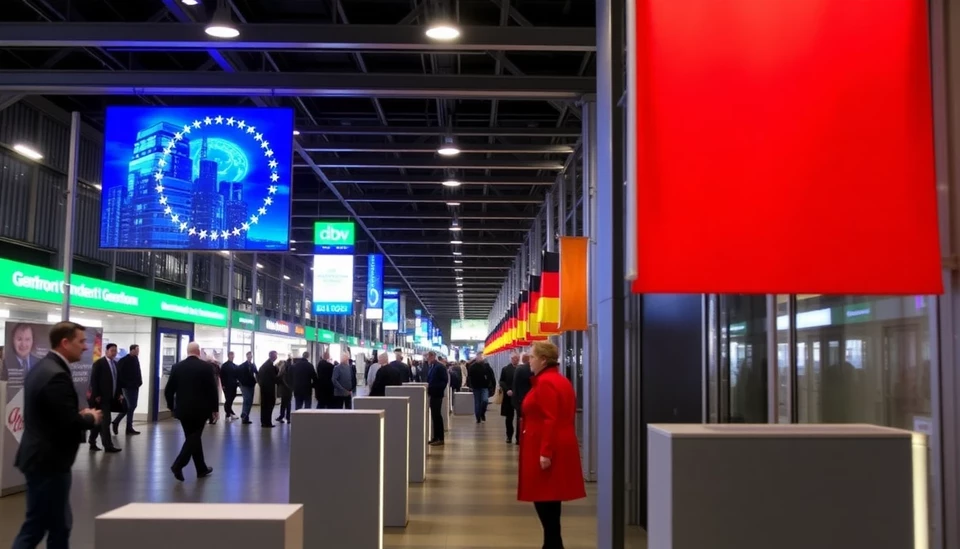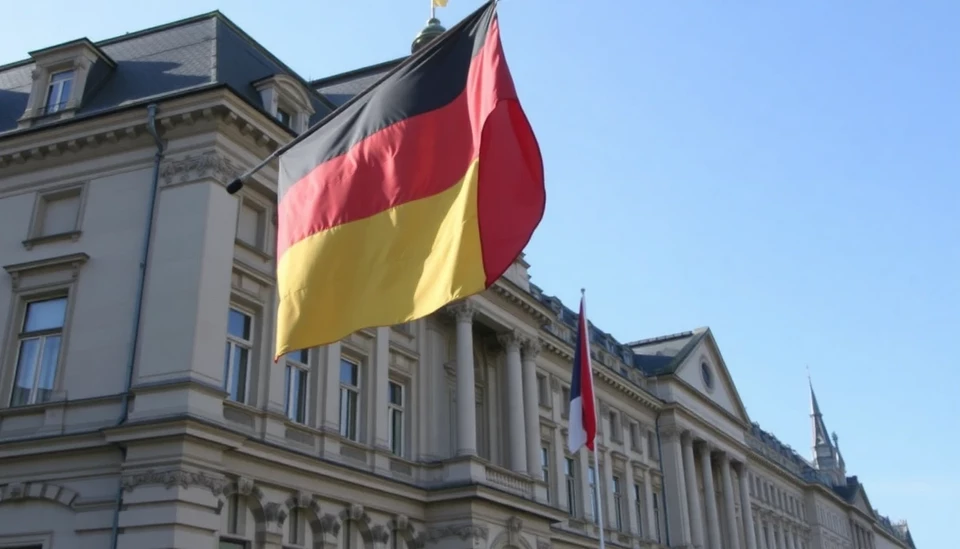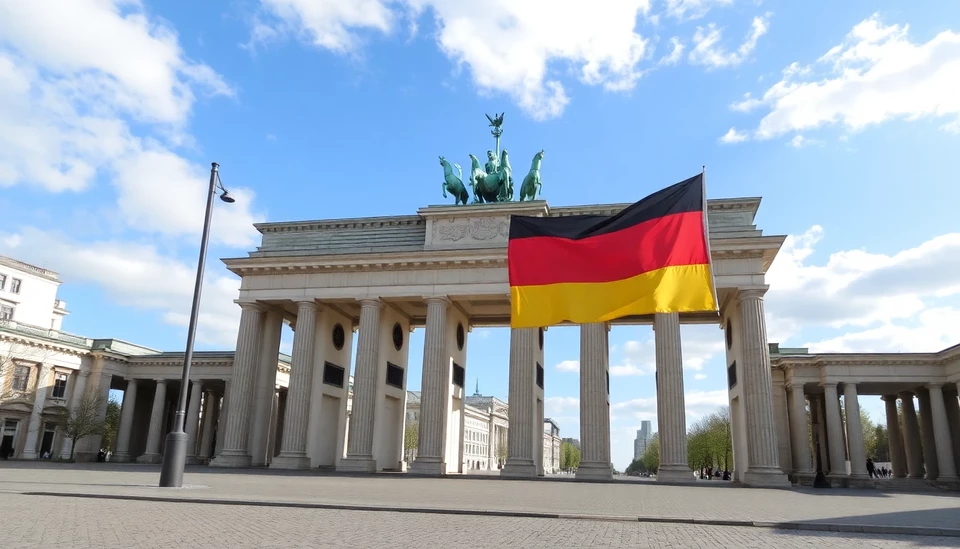
In a promising development for Germany's economy, recent reports indicate a noticeable improvement in the business outlook, signaling a recovery from previous uncertainties. The latest data reveals that companies in various sectors are experiencing enhanced confidence, suggesting a stabilization of the economic landscape in the country.
According to the latest survey released by the Ifo Institute, the Business Climate Index, which measures the business climate in Europe’s largest economy, has shown significant improvement. This surge comes as many businesses express growing optimism regarding their future operations and market conditions. The index increased to 93.8 in October, up from 92.6 in September, marking the highest level in several months.
Many analysts attribute this positive shift to several underlying factors. Firstly, there is an easing in supply chain disruptions that had plagued industries for much of the past year. The resumption of smoother operations has allowed companies to stabilize production and better meet market demands. Consequently, this has led to increased inventory levels and decreased production delays.
Moreover, governmental policies aimed at supporting businesses through significant investments also appear to be yielding results. Initiatives promoting energy efficiency and digital transformation have allowed firms to become more competitive and better equipped to handle economic fluctuations. This kind of proactive approach is expected to have lasting benefits for Germany’s industrial base.
In contrast to previous economic forecasts that predicted a slowdown, the current sentiment shift suggests a revival of business activity, especially in the automotive and manufacturing sectors. These industries are traditionally the backbone of the German economy, and their recovery is essential to the overall health of the nation's economic landscape.
Consumer demand is also on the rise, driven by a surge in domestic spending as households feel more secure about their financial situations. This is notable considering the inflationary pressures that occurred earlier in the year. However, with prices stabilizing and wages beginning to rise, consumers seem more willing to spend, thus benefiting various sectors from retail to services.
Despite this optimistic outlook, challenges remain. Rising interest rates and inflation continue to pose threats, and many businesses are keeping a cautious eye on potential shifts in global economic conditions. Additionally, external factors such as geopolitical tensions could also impact the economic revival if not managed carefully.
In conclusion, while uncertainties linger, the current indicators suggest that Germany's economy is on the mend, with businesses expressing greater confidence in future prospects. The forthcoming months will be crucial in determining whether this positive trend can be sustained or if new challenges will disrupt the progress made thus far.
#GermanyEconomy #BusinessOutlook #EconomicRecovery #IfoInstitute #Manufacturing #ConsumerConfidence #IndustrialSector
Author: Daniel Foster
